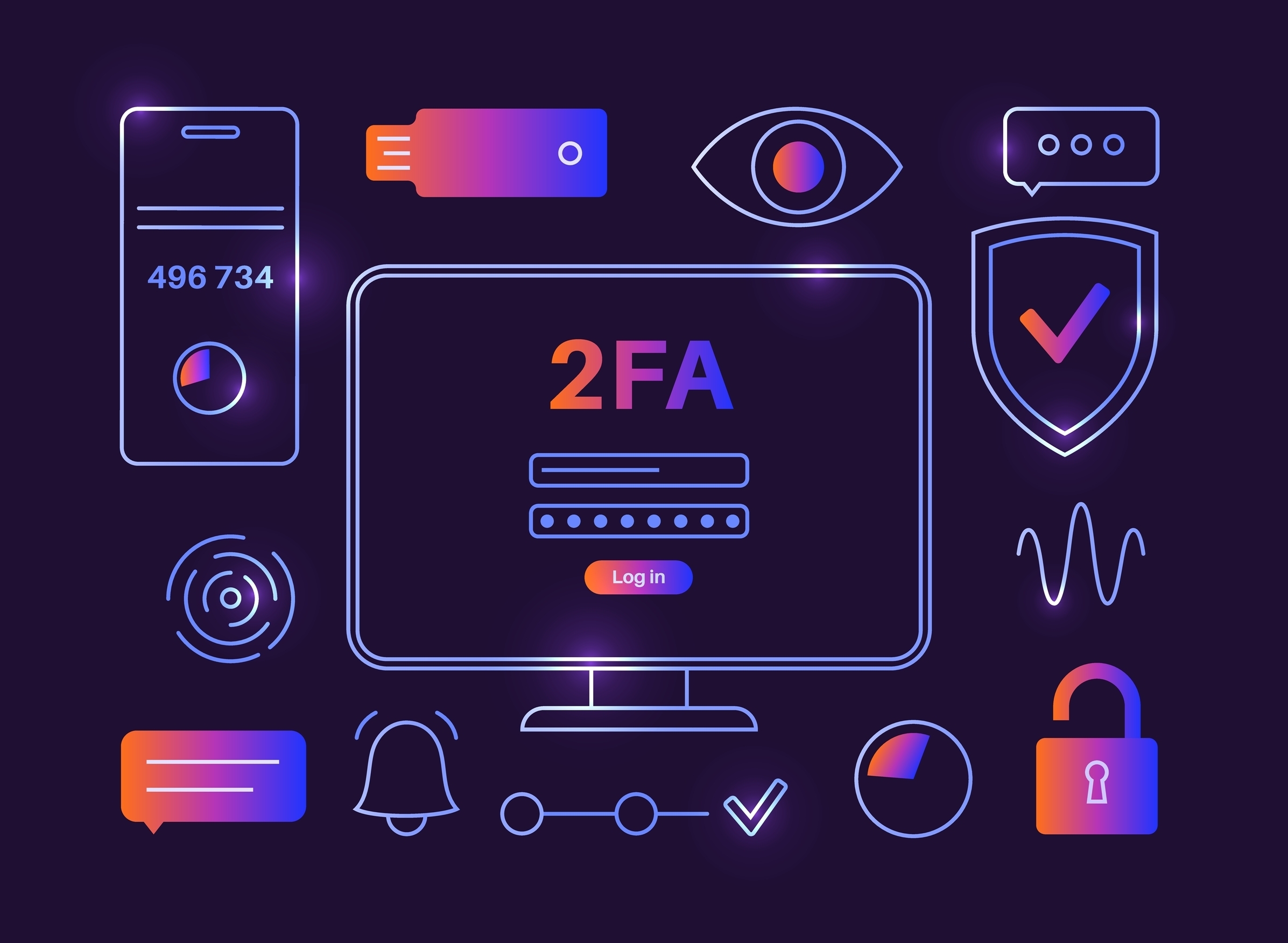Elevating Business Security: The Imperative of Multi-Factor Authentication
Safeguarding sensitive data and systems is a top priority. This is where Multi-Factor Authentication (MFA) comes into play as a crucial defense mechanism. This blog post explores the importance of MFA in business settings and how it fortifies cybersecurity.
What is Multi-Factor Authentication?
Multi-Factor Authentication is a security process that requires multiple forms of verification from different categories to authenticate a user’s identity. This typically involves a combination of something the user knows (like a password), something they have (like a security token), and something they are (like a fingerprint or facial recognition).
The Business Case for MFA
In an era marked by sophisticated cyber threats, relying solely on passwords for security is a risky proposition. MFA adds an essential layer of protection, making unauthorized access to business systems and data significantly more difficult.
MFA in the Corporate World
Many corporations are increasingly integrating MFA into their security protocols. From accessing corporate emails to entering secure areas within an office, MFA is becoming a standard security practice. It’s particularly crucial for remote access systems and online transactions, where the risk of intrusion is heightened.
Advantages of MFA for Businesses
- Robust Security: MFA provides a higher level of security compared to traditional password-only systems, crucial for protecting sensitive corporate data.
- Mitigation of Data Breach Risks: With MFA, the chances of unauthorized access and subsequent data breaches are drastically reduced.
- Regulatory Compliance: MFA helps businesses meet various compliance requirements that mandate enhanced security measures.
- User Authentication Assurance: MFA ensures that only authorized personnel access business-critical systems and information.
- Reinforced Customer Trust: Implementing MFA demonstrates a commitment to security, boosting confidence among clients and partners.
Implementing MFA in Business
The implementation of MFA should be strategic. It’s important to choose a system that is both secure and user-friendly, to avoid any productivity hindrance. Many cybersecurity solutions offer customizable MFA options that can seamlessly integrate with existing business systems.
Conclusion
For businesses in the digital age, MFA is not just an option; it’s a necessity for ensuring robust cybersecurity. By implementing MFA, businesses not only protect their assets but also enhance their credibility and trustworthiness in the market. In the journey towards digital security, MFA is an indispensable ally.






